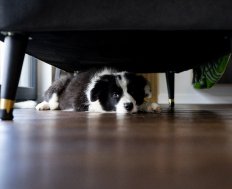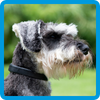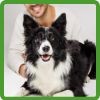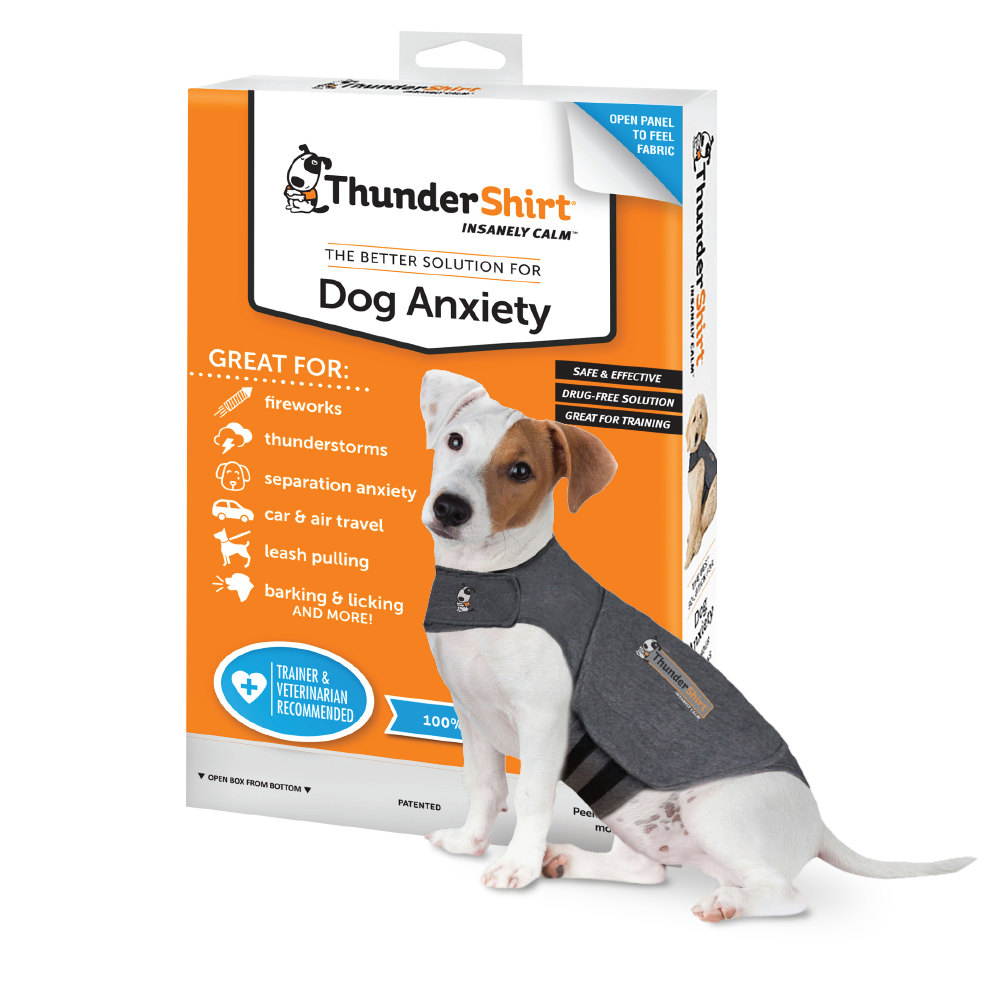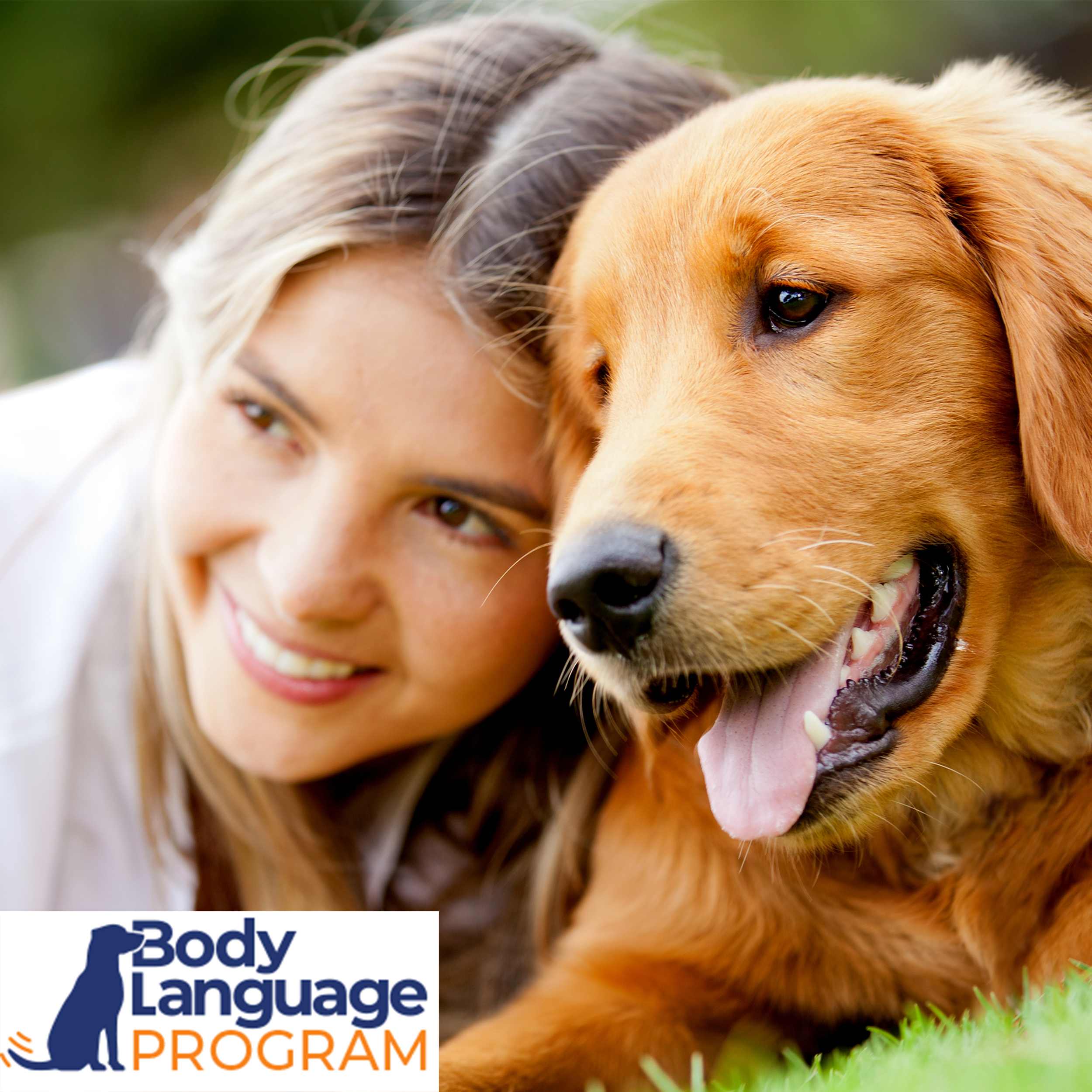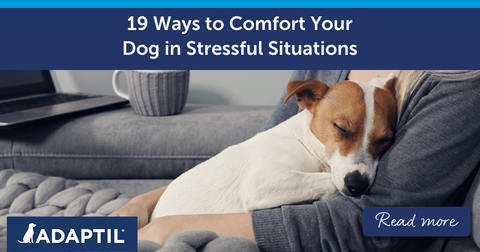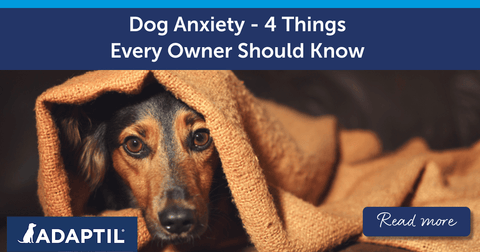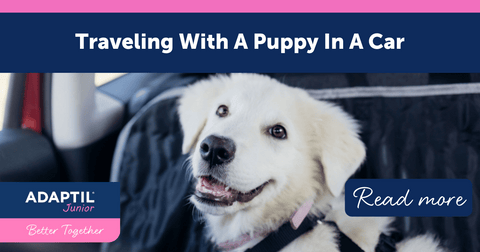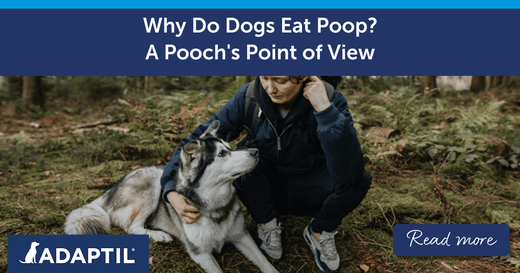
Why Do Dogs Eat Poop? A Pooch's Point of View
Let me put things straight not all dogs eat poop! This act may seem disgusting to humans, but it is a relatively normal behaviour for dogs, particularly puppies. Eating poop even has its own scientific name coprophagia. Studies have found that only about 25% of dogs have this habit with only 16% being 'frequent stool eaters'. Poop eating was also found to be more common when there were a number of dogs living together.
I am mostly a non-poop eater, but I do have a few canine friends who often partake in a little coprophagia whether their humans like it or not! But just why do we dogs do it? Let me help you understand some of the reasons dogs eat poop.
We're being clean and keeping safe
When a female dog has a litter of puppies, she spends a lot of time cleaning up after them and making sure her den stays tidy this can often mean she eats her puppies' poop. It is thought mother dogs did this in the wild to prevent predators being attracted to where the mum and pups were. Mother dogs will also lick their pups around their bottom to encourage them to poop, then lick the area clean once they're done.
Of course, puppies learn things from their parents, so pups may well eat poop when they are still being nursed but normally stop by around 9 months old.
We're exploring new things
Dogs discover a lot by chewing things and that includes poop. It's a natural instinct we use to find out more about the world around us. We have a much keener sense of smell than humans and we can detect undigested fats, proteins and other material in poop that smells delicious to us particularly if it's quite fresh!
We can also discover who created the poop and what they had been eating.
We're bored!
I'm sure most pet parents can think of a more suitable boredom buster, but sometimes my doggie pals do it just to pass the time.
It's important that dogs are kept occupied if you're planning to leave us alone for a period of time in the day, be sure that there are plenty of activities to keep us occupied both mentally and physically. For example, you can leave us puzzle toys, play music to keep us company - and make sure we have plenty of exercise before you go, so we might have a nap! That way, eating poop won't cross our mind!
Hunger
Hungrier or 'greedy' dogs tend to be poop eaters if they are not fed good quality food with a good feeding regime, they may resort to eating poop to feel fuller.
Medical condition
Some medication, like steroids, may increase the likelihood that dogs will eat poop. Also, if your dog has a medical condition that increases their appetite, such as diabetes, thyroid issues, dementia or parasites, it may make eating poop more appealing to them.
Attention seeking or feeling anxious
If a dog gets lots of attention when they eat poop it's obvious to me that they will continue to do it! I suppose for humans it is difficult to ignore. But instead of giving us attention when you want us to stop, try:
- Distracting us with a toy or even a treat, and praise once we have moved away from the offending object!
- Teaching us a cue to leave poop alone and reward us for positive responses.
- Giving us attention with regular training and playtime. If we're craving attention, poop eating might be our way of asking for your time.
- Using a long lead when we're out walking, rather than letting us wander free. This way you can control our access to any poop.
- If we are showing other signs of being nervous, using an ADAPTIL Calm Home Diffuser can help us stay calm, and create a constant, reassuring environment at home.
- Clearing any nearby poop immediately, so we are not tempted by it!
- Not leaving us alone until you are confident that the habit is broken.
Too late!
Sometimes, you just can't stop us. If you're too late to prevent it, the best thing to do is to clean us up, and move us away. Try the following:
- Give us a drink to try and wash away the smell.
- Wipe dirty mouths clean with a damp cloth or tissue.
- Use a dog toothbrush and toothpaste to freshen us up.
- Give us a dental stick to chew on.
Although poop eating is not a big danger for dogs, and we sometimes just decide to roll in poop instead, there is always a risk that we could ingest parasites, viruses and bacteria.
Always make sure your dog is up to date with their worming, wash your hands thoroughly after being in contact with our mouths/saliva and avoid being licked by your dog.
If you're unable to help us break the habit, it may wise to contact your vet as there could be an underlying medical issue with your dog. They may also suggest that you get advice from a qualified animal behaviourist, who can help us learn to control our urge to eat poop!


